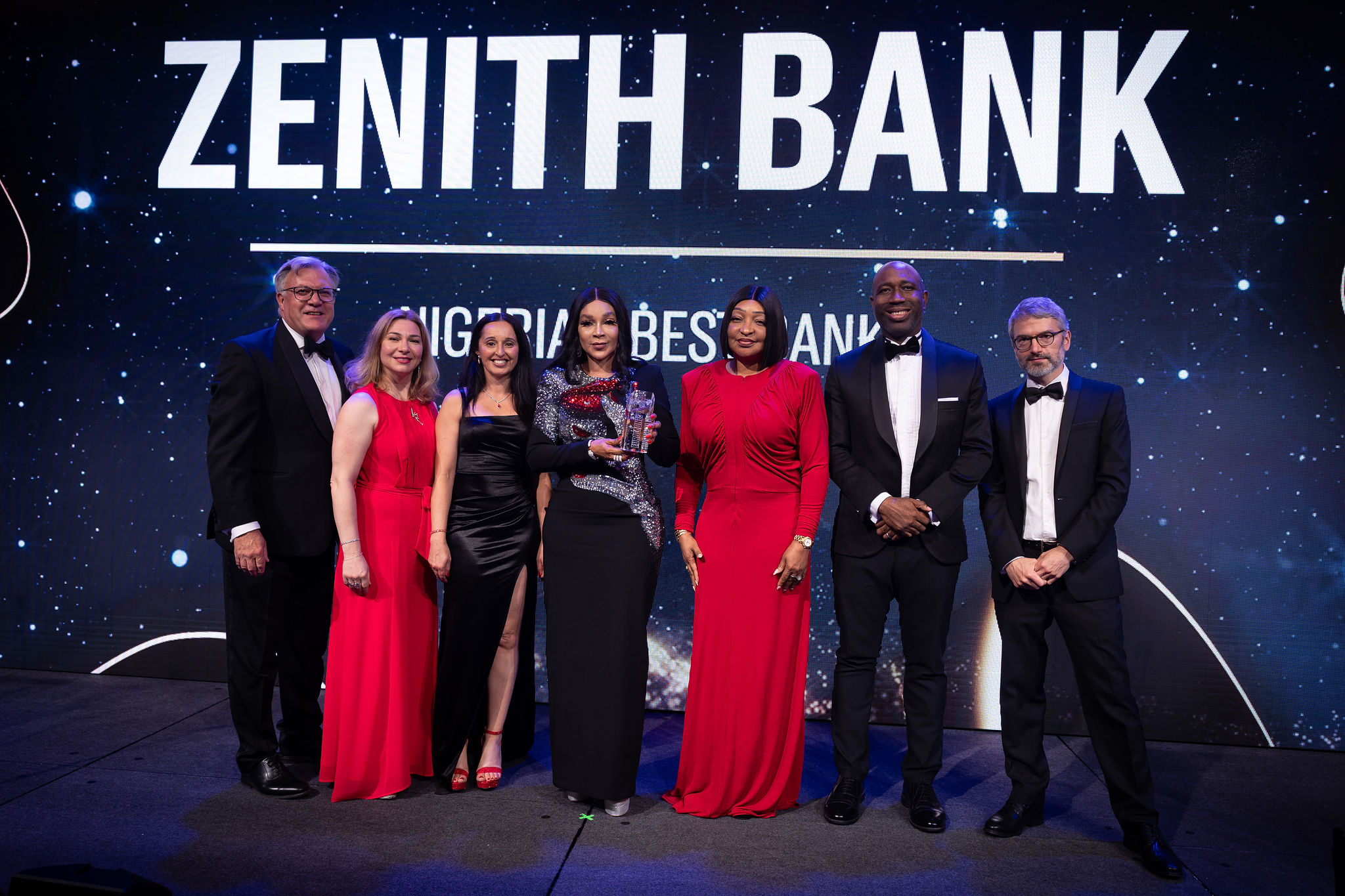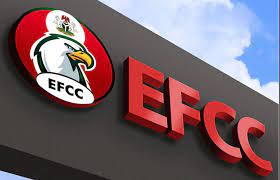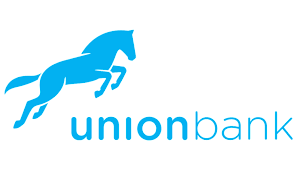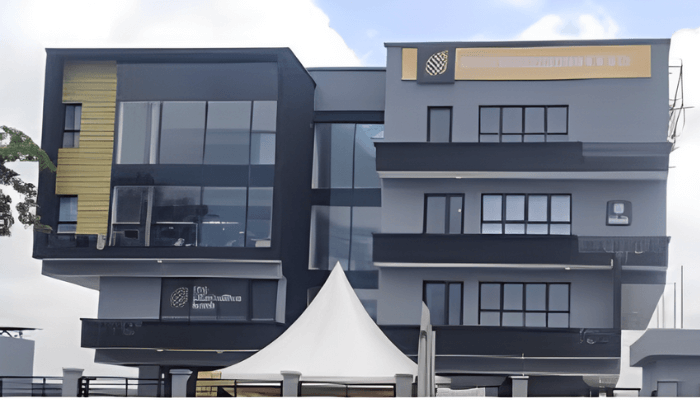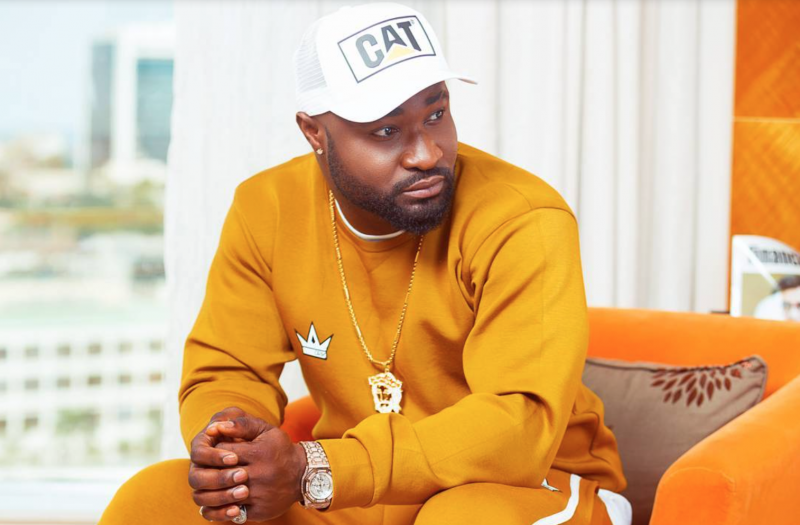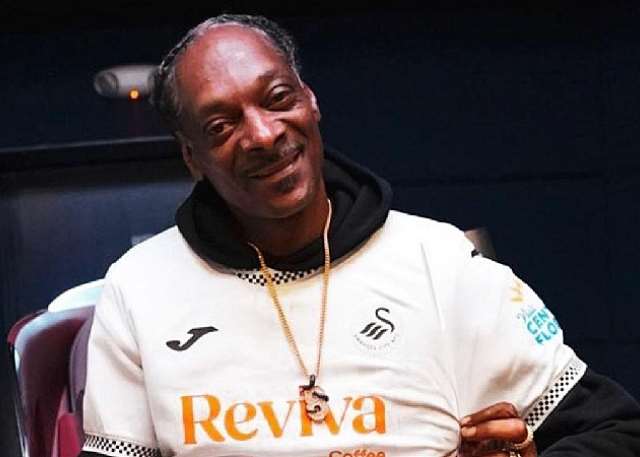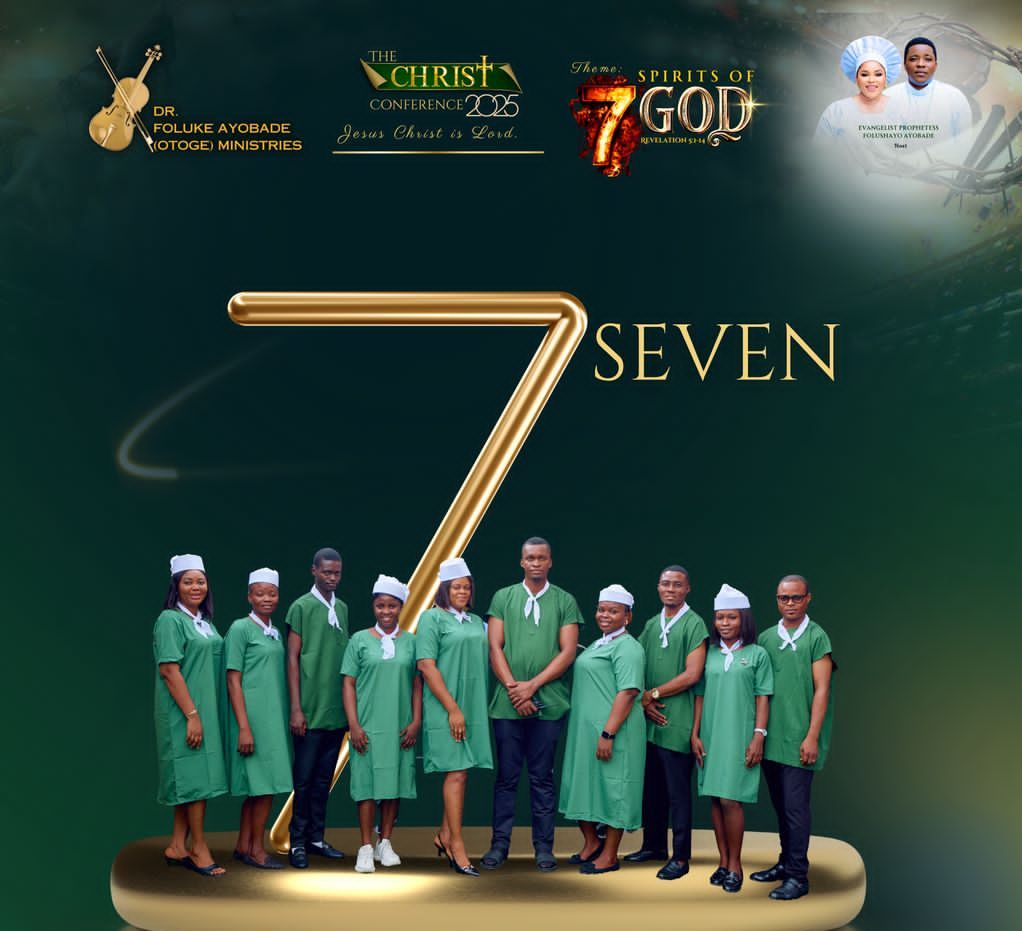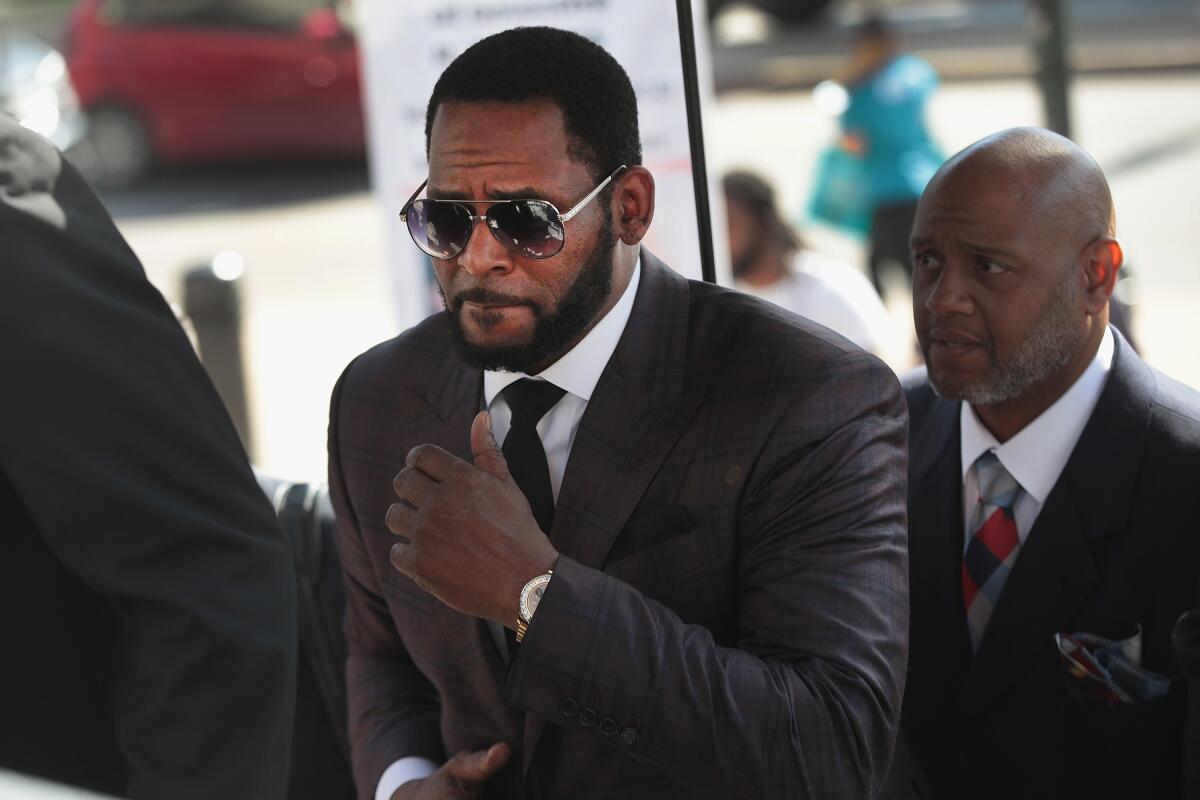By Ayomide Otitoju
Nigerian Afrobeats star Harrysong has called on the federal government to implement robust systems to protect artists’ intellectual property and curb rampant music piracy, which he described as a major threat to the country’s creative economy.
The singer made the appeal on Thursday during the Youth Forum segment of Channels Television’s special programme commemorating President Bola Tinubu’s second year in office. Themed “Pressing Issues Affecting Nigeria’s Youth”, the forum featured discussions with key stakeholders and government officials across sectors including education, health, business, and the creative industry.
Speaking during a panel focused on the entertainment sector, Harrysong stressed that government intervention is critical to resolving the systemic challenges faced by Nigerian artists. He urged policymakers to engage directly with seasoned industry professionals to formulate effective reforms.
“The government must engage those who understand the business. If we can have that conversation and they are truly willing to address the issues, I believe we’ll make progress,” he said.
The “Reggae Blues” crooner highlighted the absence of industry structures that ensure transparency and accountability, noting that the lack of such systems hinders local reinvestment and makes organizing profitable concerts in Nigeria nearly impossible.
“We need a structure that locks this system so we know what goes in and what comes out. If we can protect the music, we can sell the tickets. But if the songs are pirated, we can’t recoup investments or plan shows confidently,” he explained.
Harrysong lamented that despite Afrobeats’ global success, local artists struggle to earn sustainable income from their Nigerian fan base due to widespread piracy. This forces many to rely on foreign markets, where digital platforms like iTunes and Spotify offer more secure and transparent revenue streams.
“Most of the time, you’ll hear musicians complain that our people don’t buy tickets. People abroad pay to stream and subscribe, but at home, they hack the sound. So you don’t even make back the money you invested in that particular song,” he said.
The singer pointed out that Nigerian artists are now increasingly drawn to international markets with better copyright protections, where selling out global venues—like London’s O2 Arena—has become the new benchmark for success.
In response to this growing exodus, the Lagos State Government recently unveiled plans to construct a 12,000-capacity entertainment arena by December 2025, aimed at revitalizing the domestic music scene.
Also present at the forum were key government officials including Ministers Olubunmi Tunji-Ojo (Interior), Bosun Tijani (Communications, Innovation & Digital Economy), Ayodele Olawande (Youth Development), and John Enoh (Industry), who shared insights on government strategies to support the creative sector and address youth development challenges.

